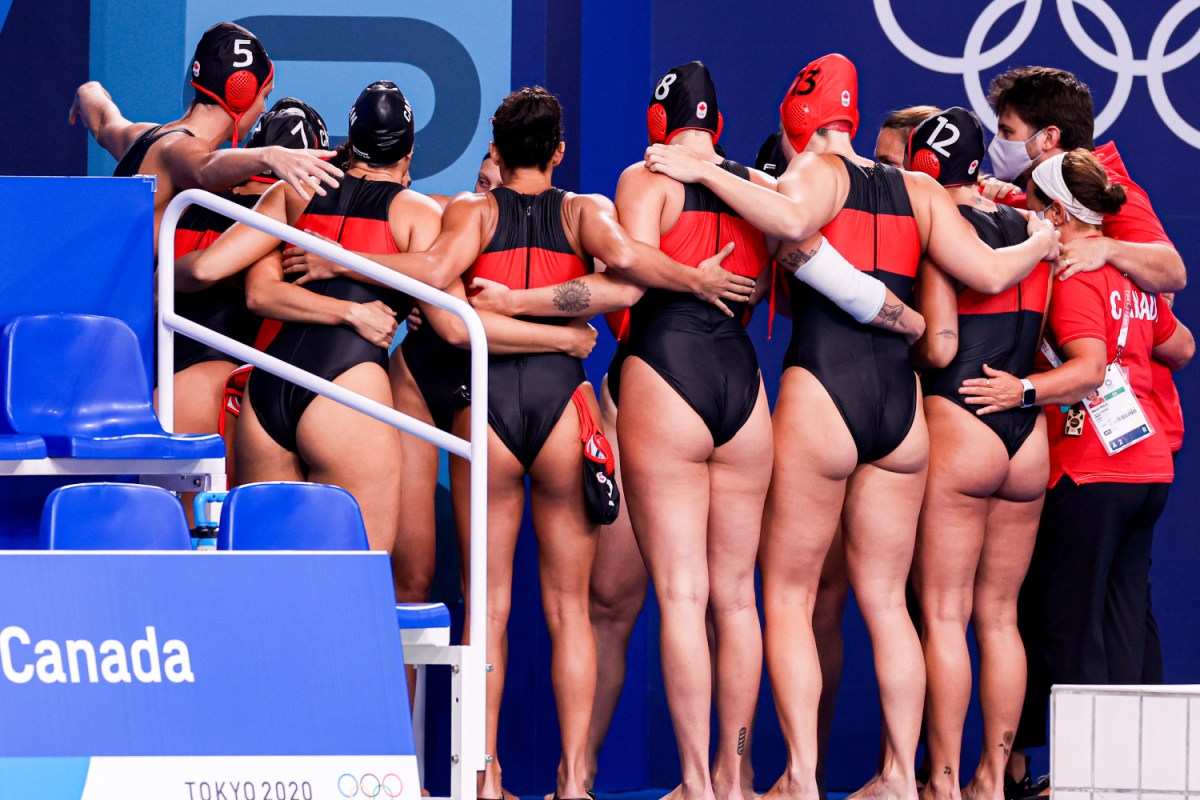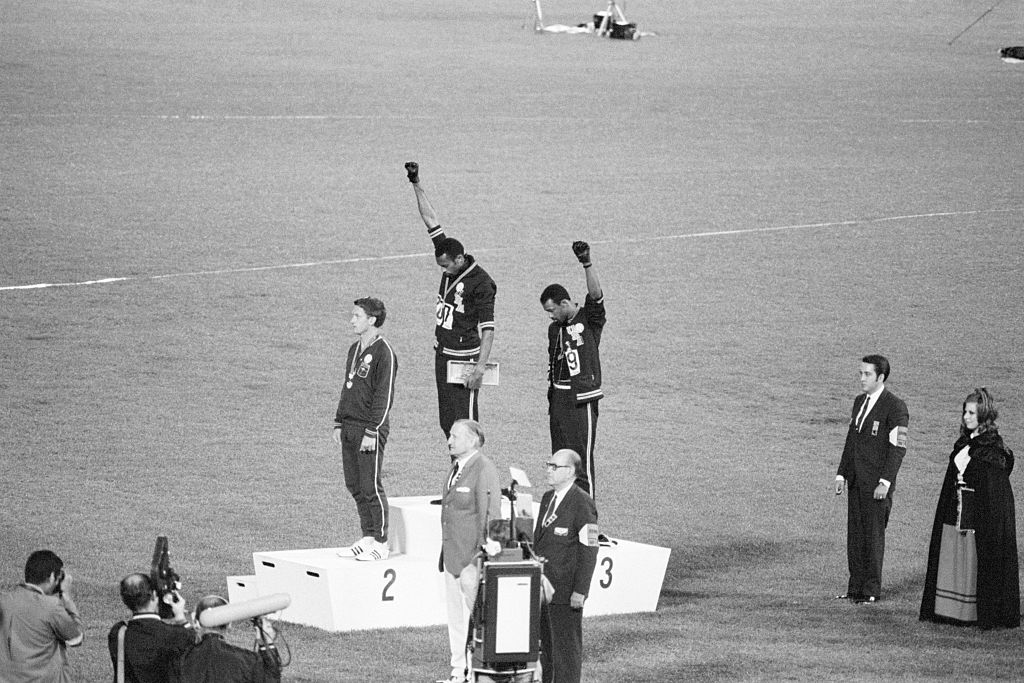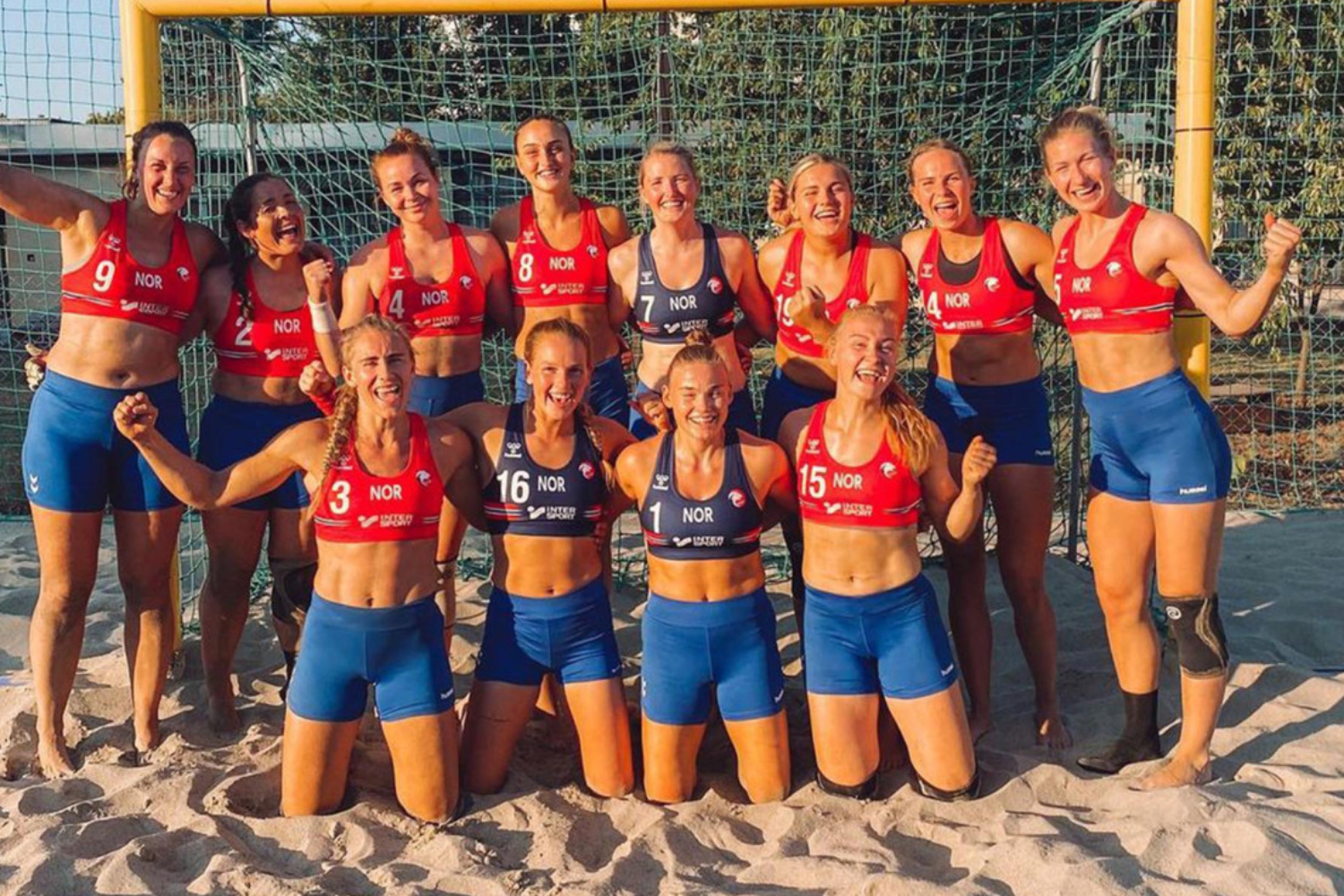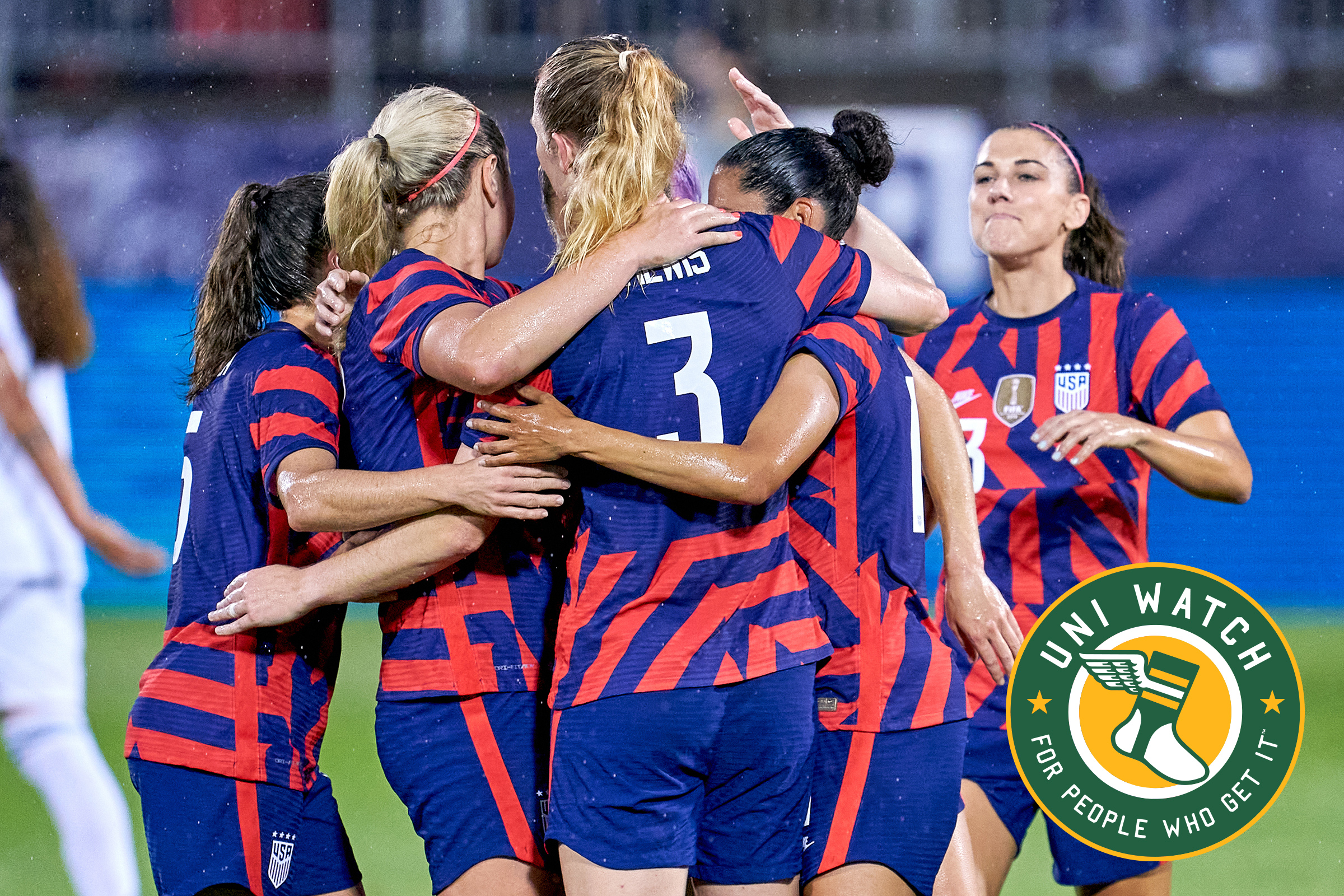Television broadcasts covering the Tokyo Olympics are reportedly going to great lengths to avoid sexualizing female athletes, because apparently representing athletes as athletes instead of sex symbols is something that takes a “concerted effort,” as the New York Post put it.
Under the mantra “sport appeal, not sex appeal,” Olympic broadcasters are following an updated set of guidelines prohibiting the unnecessarily sexualized images of female competitors that have long dominated televised coverage of the Games.
“You will not see in our coverage some things that we have been seeing in the past, with details and close-ups on parts of the body,” Yiannis Exarchos, chief executive of Olympic Broadcasting Services, told reporters Monday, according to the Post. “What we can do is to make sure that our coverage does not highlight or feature in any particular way what people are wearing.”
These efforts to reduce the sexualized nature of Olympic coverage are in keeping with an updated version of the “Portrayal Guidelines” issued by the International Olympic Committee ahead of this year’s Tokyo Games in an attempt to maintain “gender-equal and fair” broadcasts. The guidelines suggest broadcasts refrain from “focus[ing] unnecessarily on looks, clothing or intimate body parts,” while “respect[ing] the integrity of the athlete.”
The seemingly very reasonable expectations laid out in these updated guidelines seem like they should probably go without saying, especially since this is 2021 and not 1968. Unfortunately, they clearly do not go without saying, as anyone who has ever watched the Olympics or simply existed in society well knows. Not sexualizing women — especially women who are not doing anything sexual — should, in theory, be relatively easy. After all, it is often much easier to not do a thing than to do one. Unfortunately, as pretty much the entire history of human society suggests, not sexualizing women is a lot harder than it looks for some reason. Apparently letting women simply do their jobs and live their lives or compete on television in peace without being sexualized is something that requires official rules, guidelines and deliberation, as well as a sustained, concerted effort to abide by those guidelines.
Naoko Imoto, the adviser on gender equality to the Tokyo Olympics, reminded us on Monday that while female Olympians “are powerful and they are also beautiful, they are not just women. They are athletes.”
Congrats to those beautiful, powerful female athletes competing on the world stage, but we must also acknowledge the hard work of the broadcasters who are trying very hard not to sexualize them, a feat that is apparently as extraordinary and hard-earned as any athletic victory.
Whether you’re looking to get into shape, or just get out of a funk, The Charge has got you covered. Sign up for our new wellness newsletter today.

















